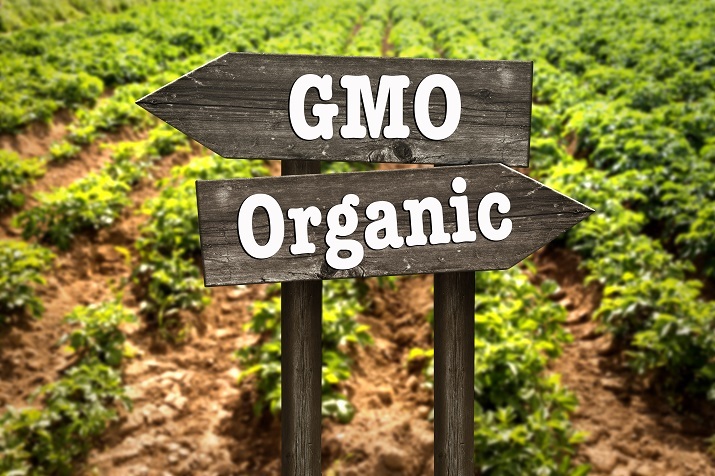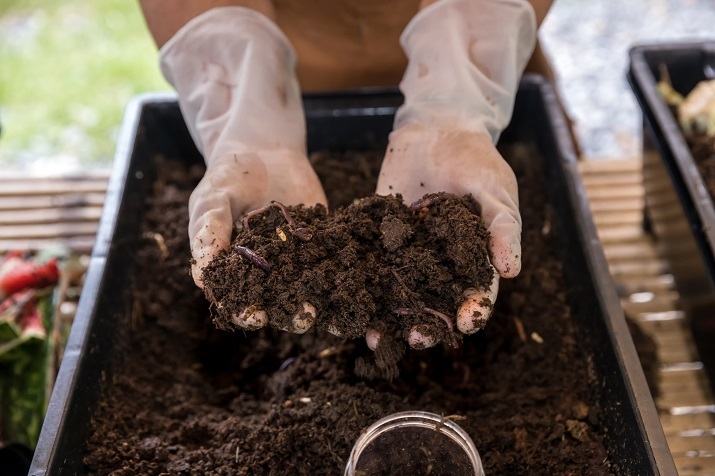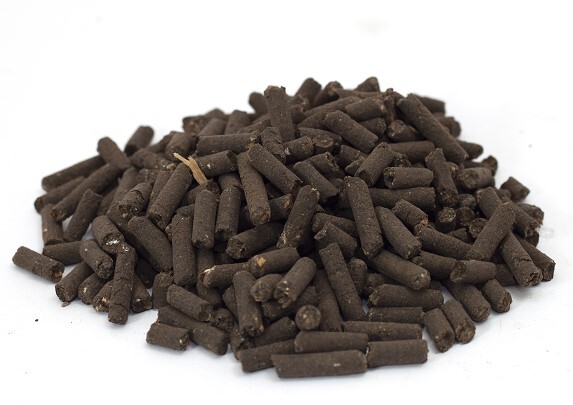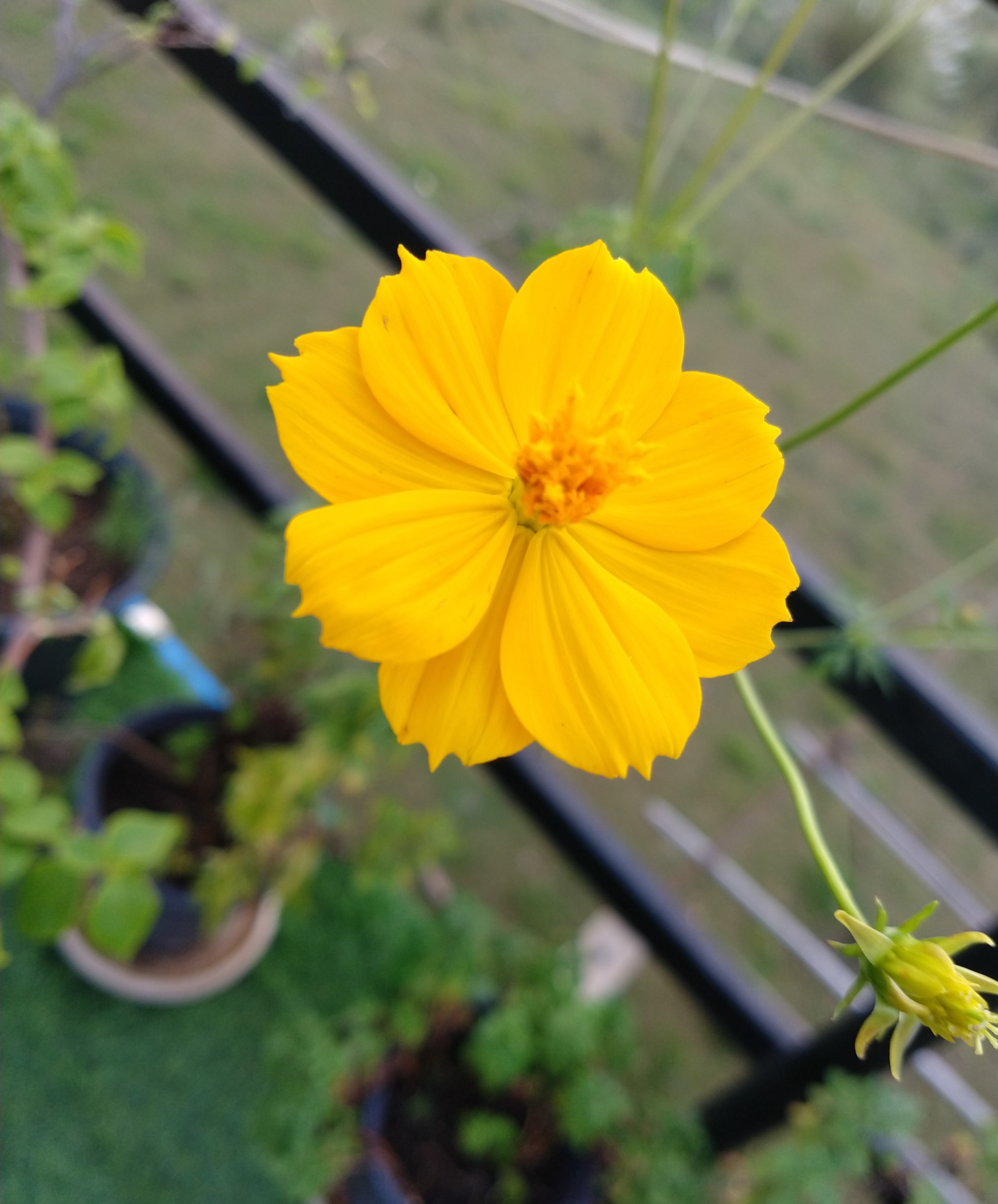
 Data Structure
Data Structure Networking
Networking RDBMS
RDBMS Operating System
Operating System Java
Java MS Excel
MS Excel iOS
iOS HTML
HTML CSS
CSS Android
Android Python
Python C Programming
C Programming C++
C++ C#
C# MongoDB
MongoDB MySQL
MySQL Javascript
Javascript PHP
PHP
- Selected Reading
- UPSC IAS Exams Notes
- Developer's Best Practices
- Questions and Answers
- Effective Resume Writing
- HR Interview Questions
- Computer Glossary
- Who is Who
Organic Farming
Introduction: What is Organic Farming?

Organic farming is an agricultural system based on ecologically based pest controls and biological fertilizers. These fertilizers used in organic farming are derived chiefly from animal and plant wastes and nitrogen fixation obtained by using special crops. Present- day organic farming is a response to the environmental harm caused by the use of chemical pesticides and synthetic fertilizers. These chemicals and harmful fertilizers were used largely in conventional agriculture previously, and replacing them has many ecological benefits.
In comparison to conventional agriculture, organic farming utilizes less amount of pesticides, decreases nitrate from leaking into surface water and groundwater, diminishes soil erosion, and recycles animal wastes as composts back into the farm. These benefits, however, lead to higher food costs and lower yields usually.
It has been observed that the yields of organic crops are about 25 percent lower overall than generally grown crops. However, this is largely related to the type of crop. The future of organic farming will have many challenges, such as maintaining the environmental benefits, increasing yields, and reducing prices of crops while successfully meeting the challenges of climate change and the demands of the increasing world population.
Methods of Organic Farming
Fertilizers
The foremost priority in organic farming is to build and maintain a rich, living soil by using organic matter. Organic matter is introduced to the soil through the application of compost, manure, and animal by-products, such as blood meal or feather meal. As these types of manures have the potential of harboring human pathogens, the USDA National Organic Standards has mandated a protocol that raw manure must be applied to the soil no later than 90 or 120 days before harvest. This depends on whether the harvested part of the crop stays in contact with the ground or not.

According to the same mandate, composted manure that is turned 5 times in two weeks and that reaches temperatures between the ranges of 55 and 77.2 °C has no restrictions on their application times. Composts usually add organic matter which in turn adds a wide range of nutrients for plants. They also add microbes that are beneficial for the crops to the soil. However, since these nutrients are usually in an unmineralized form which cannot be directly taken up by plants, these soil microbes need to break down organic matter so that the plants can use them. These composts also need to transform nutrients into a "mineralized" state for the same reason. In comparison, synthetic fertilizers are found to be already in a mineralized form that can be used by plants directly.
In organic farming, the quality of soil is maintained by planting first and then tilling in cover crops. This helps stop erosion off-season and provides added organic matter. The tilling in of nitrogen-fixing cover crops adds nitrogen to the soil. For nitrogen fixation, crops such as clover or alfalfa are used. Cover crops are planted either just before or after the cash crop season. However, in some cases, they are planted in conjunction with crop rotation. Cover crops are also planted between the rows of some crops in some cases, such as tree fruits. Research is going on to develop organic farming that is "no-till" and to reduce tillage practices to further decrease soil erosion.
Pest Control
Organic pesticides obtained from naturally available sources include living creatures such as the bacteria Bacillus thuringiensis, (used in controlling caterpillar pests), or plant derivatives such as neem oil (obtained from seeds of Azadirachta indica) or pyrethrins (available in the dried flower heads of Chrysanthemum cinerariifolium). Some mineral-based inorganic pesticides such as copper and sulfur are also allowed in organic farming.

Apart from pesticides, organic pest control uses biological, genetic, and cultural controls to diminish pest damage. Biological control relies on using natural enemies of pests, including predatory insects (such as ladybugs) or parasitoids (such as certain wasps) to attack insect pests. Pest cycles can also be disrupted using cultural controls. Crop rotation is the most widely utilized form of cultural control. Also, the traditional breeding of plants has produced numerous crop species that are resistant to specific pests. The utilization of such varieties and the use of genetically diverse crops offer genetic control against pests apart from some plant diseases.
Advantages of Organic Farming
Economical As no expensive fertilizers, pesticides, or special seeds are used in organic farming, it requires no extra expense. Therefore, organic farming is an economical way of agriculture practice.
Good Return on Investment As organic foods are always in demand and healthiest in nature, a farmer can make a good return on investment by investing in organic farming.
Environment-friendly Organic farming is free of chemicals and fertilizers, so it does not harm the environment.
High demand There is an increasing demand for organic products in India and across the globe. This can generate more income through export.
Nutritional As compared to chemical and fertilizer-based products, organic products are tastier, more nutritional, and good for health.
Disadvantages of Organic Farming
Incompetency The lack of inadequate infrastructure and marketing of the product makes organic farming incompetent. Although there is a huge market for organic products, less marketing stope farmers reach the markets.
Shorter shelf life Organic foods have more flaws and shorter shelf life than that of chemical products. This does not augment well in the execution of agriculture of organic products.
Less production As mentioned above, the yield of organic foods is about 25 percent less than traditional fertilizer-based crops. This can be a major hurdle to generating income for the farmers.
Limited production Off-season crops are limited in the case of organic farming. Moreover, the options in organic farming are also lower. This may demotivate farmers from taking up organic farming as a profession.
Conclusion
Organic farming is the future of farming as its advantages align more with a sustainable agricultural practice that augurs well for a less polluted and healthier world in general. People are now realizing the benefits of organic products. It is obvious that the demand for organic products is growing in leaps and bounds due to their quality. That is why research is going on in full swing to further develop organic farming so that the limitations can be removed.
FAQs
Qns 1. What is meant by organic farming? Discuss briefly.
Ans. Organic farming is an agricultural system based on ecologically based pest controls and biological fertilizers. These fertilizers used in organic farming are derived chiefly from animal and plant wastes and nitrogen fixation obtained by using special crops.
Qns 2. What is the mandates protocol of USDA for organic manures?
Ans. As organic manures have the potential of harboring human pathogens, the USDA National Organic Standards has mandated a protocol that raw manure must be applied to the soil no later than 90 or 120 days before harvest. This depends on whether the harvested part of the crop stays in contact with the ground or not.
Qns 3. Mention one advantage and one disadvantage of organic farming. ?
Ans. Advantage: - Organic farming is environment-friendly.
Disadvantag: - the yield in organic farming is lower than in traditional farming.

